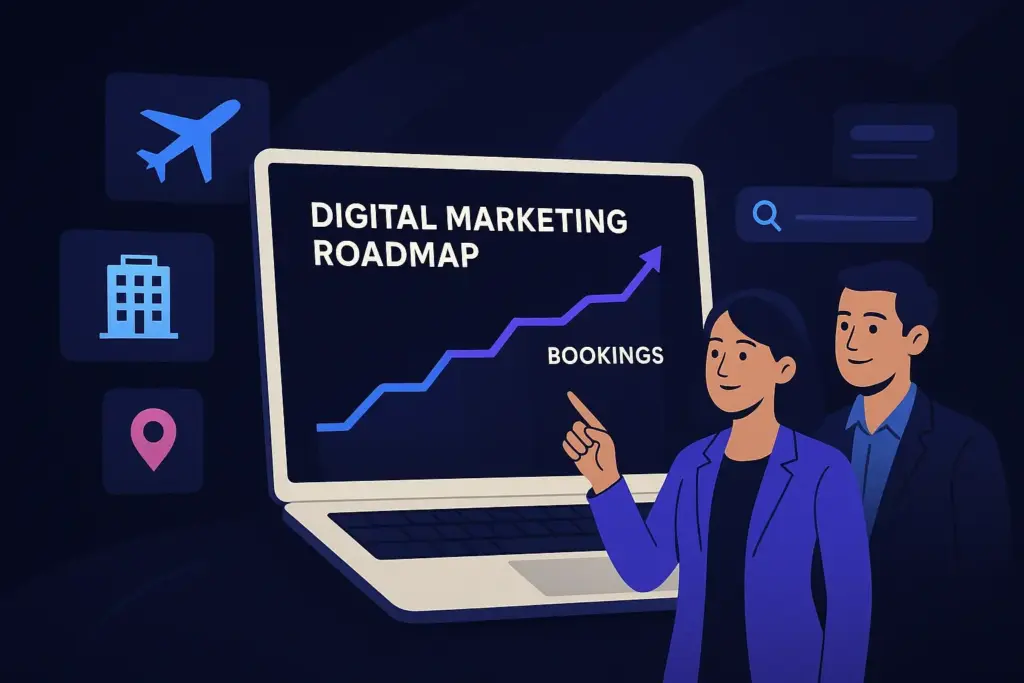Whilst SEO techniques are pretty much standard such as writing rich content and acquiring natural links, there are some industries such as casino, insurance and loans where Google is far more prone to handing out penalties.
When your site or client’s site receives a penalty, you can find your rankings and organic traffic fall dramatically overnight and a real effort is needed to recover.
For SEO practitioners, this presents a huge challenge to achieve a positive ROI and avoid any downtime to keep clients happy and continue to pay monthly retainers.
With this in mind, MR SEO provides a number of top tips to manage SEO in more volatile and penalty ridden industries.
Avoid Exact Match Domains and Anchor Text
Historically, having an exact match domain was a huge advantage to ranking well on Google. If your domain name was pretty much the keyword that people searched for, you would naturally rank highly for this – and this technique still works effectively for local SEO and their businesses and keywords with low competition.
But to target bigger search terms in insurance and casinos, this technique is a double-edged sword and can be a benefit, but also a disadvantage.
“When having your main keyword in your domain name like carinsuranceonline.com or casinobonuses.com, you are naturally going to use these keywords more in your content, meta-data and in the links that you get,” explains Ben Sweiry of DimeAlley.com.
“But Google may often see this as overkill and too focused on the big keywords, which looks unnatural. Ideally you want to have a clear brand name and limit the number of times you use your main keyword on a page, maybe to something like 3 times out of every 100 words maximum. Plus, if you are constantly getting new links with these volatile words like loans, insurance or casino, you are putting yourself at a higher risk of getting a penalty.”
Spread Your Links Out Across The Site
One of the safest things you can do in terms of link building is spreading the links across your site. It is natural to have links pointing to your brand name and homepage, but in addition to this, you should consider linking across lots of different guides and blog posts.
“By linking across your blog posts, this looks very natural,” explains Richard Allan or CapitalBean.com
“By nature, this will look like you are a resource or information source and you will never be pulled up for a penalty on this basis.”
“So whilst you are in an aggressive and penalty heavy industry, always linking to guides will be a slow way to rank but it will be more sustainable to achieve your goals.”
Avoid Cannibalisation of Keywords and Pages
In such competitive industries, you may need to avoid using the same big keywords like ‘insurance’ and ‘loans’ so often.
You may only find that you can use these words once in a URL and in a meta-data. Our experience has shown that when something like ‘insurance’ was mentioned twice in a meta-title and we changed it to just once, the rankings improved significantly.
Using a tree model to create categories and then branches off those main pages can be highly effective, such as:
Before: companyname.com/car-insurance/
Now: companyname.com/insurance/car
Before: companyname.com/personal-loans/
Now: companyname.com/loans/personal
Furthermore, you should avoid making too many pages with similar content and keywords, instead focus more effort into one key page, using strong content, FAQs, inbound links and internal links to build its authority.
Look At Competitors on Page 1
If you look at websites that are currently on page 1 of Google, pay special attention to their URL structures, meta-titles and the content on the page, including number of keyword mentions and the number of words.
Logically, those on page 1 should have been able to overcome penalties or stay away from them and if you can find a regular theme throughout the top spots (such as the type of content and wording), it will be good to follow their styles.




